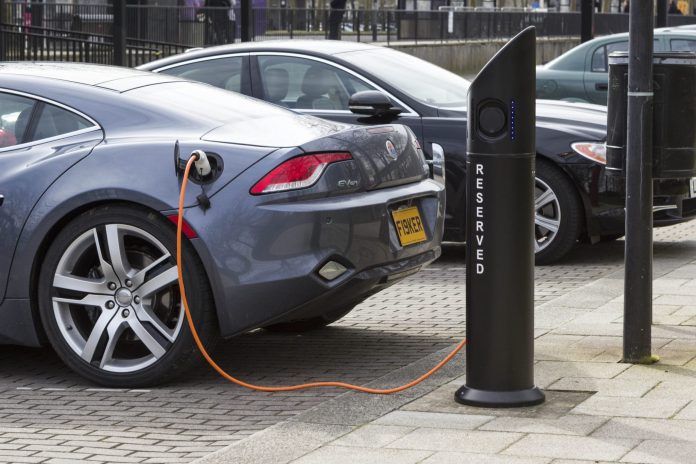A multi-step smart city initiative
Milton Keynes was founded as a “new town” in 1967. In less than 50 years, it has grown to a population of more than 250,000, and between 1981 and 2013 its population grew by 103%, according to City Metric. The rapid influx of people has put pressure on the city’s infrastructure, and forced its leaders to look for ways to create sustainable growth and meet carbon reduction targets. The solution is to transform Milton Keynes into a smart city.

MK: Smart is Milton Keynes’ 16 million pound multifaceted smart city initiative designed to meet environmental regulation and increase the standard of living for the city’s growing population by taking IoT-based approaches in areas including transportation, energy and water management.
We will take a look at each of the unique ways Milton Keynes has approached the smart city, as outlined in a case study provided by The Knowledge Exchange.
Data Hub
Data is an integral part of any smart city or IoT deployment. MK: Smart’s Data Hub supports the collection, integration and application of big data from sources around the city.
The hub includes:
- Data from local and national open data sources.
- Data from key infrastructure networks (energy, transport, and water).
- Sensor data (weather and pollution data).
- Data crowdsourced from social media and mobile applications.
Transportation
Cloud Enabled Mobility (CEM) connects citizens with travel information and other cloud-based services. For instance, Milton Keynes introduced a smart parking trial (300 SmartEye sensors) so car park users don’t have to return to their vehicle to display their ticket. They can also download an app which provides parking availability in real-time. MK: Smart is currently working on MotionMap, for real-time data on the movements of vehicles and people across the city.
Education
Milton Keynes isn’t just attempting to provide its citizens with a fully-functional smart city, it is educating them on what a smart city is, and what its benefits are. The city’s means of doing so include:
- Free open online course (MOOC) on smart cities.
- Data literacy education programs for primary and secondary pupils.
- SME training courses to help SMEs exploit the commercial opportunities that data can bring.
Energy
The city is working with its citizens to provide the option of installing solar panels on homes, providing a cost-benefit estimation for each installment.

Electric vehicle (EV) numbers within the city have grown, with the charging infrastructure and parking incentives creating a critical mass for EV proliferation within MK.
Initial outcomes
The data hub is currently installed at 497 datasets, with 27 data owners and 11 data licenses. That data is being used to help Urban Data School, a project to teach data literacy to primary and secondary pupils.

The council believes that the smart parking trial has been a success, and has encouraged drivers to use limited parking spaces more effectively, as well as providing the council with a better understanding of how parking spaces are being used. This led to the council introducing an extra 200 sensors.
Milton Keynes was described as a ‘great example of applied innovation derived from collaborative endeavors’ at the 2015 World Smart City Awards. It competed alongside massive cities like Barcelona, Amsterdam, and Seoul, eventually lost to Shijiazhuang in China.
(Not so surprising) Challenges
In a recent podcast, Professor Enrico Motta from MK: Smart identified two challenges for smart cities:
Developing a large scale internet of things (IOTs) infrastructure due to the difficulties of developing shared systems among a number of stakeholders (government, industry and academia). And, of course, privacy.

